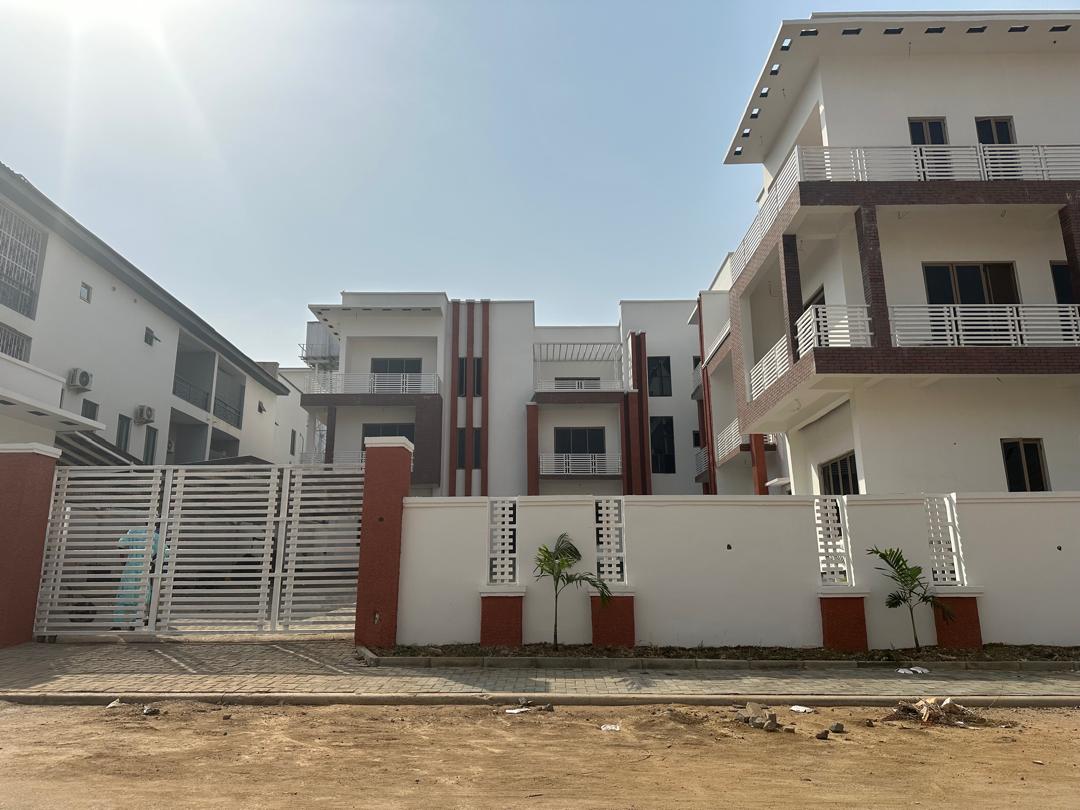Buying Real Estate in Italy: Everything Explained from A–Z

I’m Mac, and I will be your guide, explaining everything about buying real estate in Italy. Whether you’re dreaming of a villa in Tuscany, a seaside home in Amalfi, or a quiet retreat in Sicily, this article offers you a complete roadmap. From the legal requirements to where and how to invest as a foreigner, we’ll cover it all in a clear, step-by-step format.
Buying Real Estate in Italy
Italy’s real estate market is rich in history, beauty, and diversity. It offers a wide range of properties—from rustic countryside homes and historic city apartments to modern villas by the sea. Italy remains one of the most attractive destinations for international property buyers due to its lifestyle, climate, cultural heritage, and affordability compared to other Western European countries.
Read Also: Buying Property in Zambia as a Foreigner: What You Need to Know
Buying property in Italy is relatively straightforward and secure. The process is regulated by national law, and all transactions are officially handled by notaries. That said, it’s essential to understand each step of the process, including taxes, fees, and local zoning laws.
How to Buy Real Estate in Italy
The process of buying property in Italy typically involves the following steps:
- Hire a real estate agent (agente immobiliare): They’ll help you find the right property and manage negotiations.
- Legal and financial consultation: It’s wise to hire an attorney and accountant familiar with Italian real estate law and tax codes.
- Property viewing and due diligence: Check for legal ownership, land registry, building permits, and any liens or debts on the property.
- Make an offer and sign a preliminary contract (compromesso): This agreement includes a deposit, usually 10%–30% of the purchase price.
- Sign the final deed (rogito notarile): This happens in front of a notary who officially registers the property in your name.
- Registration and tax payment: After purchase, the property is officially registered and related taxes are paid.
Keep in mind: foreign buyers must obtain a codice fiscale, which is an Italian tax identification number, before signing any agreements.
Can Americans Buy Real Estate in Italy
Yes, Americans can buy real estate in Italy. The two countries have a reciprocal agreement, meaning Italian citizens can also purchase property in the U.S. Therefore, Americans face no restrictions in terms of owning land or buildings in Italy.
However, it’s important for U.S. citizens to understand a few legal and tax-related issues:
- You don’t need residency to buy property, but you may need a visa or permit to stay longer than 90 days.
- Income and capital gains from Italian property must be declared to the IRS under U.S. tax law.
- Inheritance and estate planning should be considered, as Italy’s inheritance laws differ from those in the U.S.
If you’re planning to rent the property for income, be sure to comply with both Italian and American tax regulations.
Can Foreigners Buy Real Estate in Italy
Yes, foreigners can buy real estate in Italy, but this is subject to Italy’s principle of reciprocity. This means that your home country must allow Italian citizens to buy property in your country. Fortunately, most countries—especially those in the EU, North America, and parts of Asia—meet this requirement.
Foreign buyers do not need to be Italian residents, but they must:
- Obtain a codice fiscale
- Open a local bank account (to facilitate payments and taxes)
- Follow the same property laws as Italian citizens
While most foreigners encounter few legal hurdles, language and bureaucracy can be challenging. It’s highly advisable to work with bilingual professionals, including a notary, real estate agent, and lawyer.
Where to Buy Real Estate in Italy
Italy offers a wide variety of real estate opportunities depending on your goals—whether you’re looking for a vacation home, investment property, or permanent residence. Here are some of the most popular and promising areas:
Tuscany
Known for its rolling hills, vineyards, and Renaissance charm, Tuscany remains a top destination for foreign buyers. Florence and Siena offer city living, while rural areas like Chianti are ideal for villas and farmhouses.
Lombardy
If you’re drawn to lakes and mountains, Lake Como and Lake Garda are iconic, luxurious, and well-connected regions.
Sicily and Puglia
These southern regions offer excellent value for money. Properties are more affordable and often come with generous land parcels and sea views.
Rome and Milan
These metropolitan hubs are great for professionals and investors. While more expensive, properties in these cities have strong resale value and rental potential.
Abruzzo and Le Marche
Less touristy and more budget-friendly, these regions offer beautiful landscapes, historic towns, and growing popularity among foreign buyers.
Your choice will depend on your budget, lifestyle, and whether you’re buying as an investment, for retirement, or for relocation.
Can Anyone Buy Real Estate in Italy
The short answer is no, not just anyone can buy real estate in Italy—but most people can, depending on their nationality and intent.
As discussed earlier, the reciprocity rule applies. Italy maintains a list of countries whose citizens can purchase property. Citizens from countries not on this list may face limitations or be denied purchase rights altogether.
Additionally, certain types of property—such as agricultural land, historical buildings, or properties in protected zones—may have extra legal requirements or restrictions that apply to both Italians and foreigners.
That said, the vast majority of international buyers, especially those from the U.S., Canada, EU, U.K., Australia, and many Asian countries, are free to purchase real estate with no barriers beyond standard legal and tax requirements.
Final
Buying real estate in Italy can be a life-changing investment—both financially and personally. Whether you’re purchasing a countryside escape, a city apartment, or a seaside retreat, Italy offers diverse options with character and charm.
Always seek professional legal and financial guidance, understand the process, and take your time researching the location that best fits your vision. With the right planning, your dream of owning Italian property can become a reality.


